Walking down virtually any street in the Portland metro area, one is likely to pass by several campsites belonging to members of the houseless community. Since the start of the COVID-19 pandemic, houselessness in Portland has reached a boiling point, forcing community members and legislators alike to desperately scramble for solutions.
However, those solutions have done much more harm than good. Despite the ever-growing housing crisis, legislators have elected to push for anti-camping laws which not only fail to address the city’s lack of affordable housing, but further the damaging rhetoric surrounding houselessness.
Instead of using much-needed funds to perform harmful campsite sweeps which only force houseless people out of sight and out of mind, Portland officials should acknowledge how there is only one logical solution to this crisis—to utilize government resources to find affordable, secure housing for people in need.
In early Nov. 2022, The Oregonian reported that the Portland City Council voted almost unanimously to outlaw street camping by 2024. This plan, developed by Mayor Ted Wheeler and Commissioner Dan Ryan, will purportedly allow the city to begin establishing several large-scale campsites to house between 150 to 250 people, with the hopes of creating 20,000 affordable housing units over the next 10 years.
This resolution sounds good in theory, but it fails to address the actual concerns of houseless individuals and relies on a city-wide camping ban which will be phased into effect by May 2023. This ban allows the city to sweep campsites, which essentially means they have the ability to confiscate the only belongings a houseless individual may have, thus forcing individuals even further into crisis.
Jo Ann Hardesty, the only commissioner who objected to the ban, was quoted in The Oregonian explaining how officials should have taken more time to engage with the houseless community and those who work closely with them in order to identify their needs.
Members of organizations including the Oregon American Civil Liberties Union, Sisters of the Road and Central City Concern spoke out against the camping ban, explaining how both the ban and the city-wide campsites may only worsen the quality of life for houseless people with disabilities, mental illness or other health concerns.
The Oregonian reported that Mercedes Elizalde, public policy director for the housing and services organization Central City Concern, urged city officials to “take more time to consult people experiencing homelessness… Criminalizing is not a recipe for success and instead it punishes people for failures in our system.”
By initiating this camping ban, city officials are merely feeding the fire of an already blazing public health crisis. By punishing those who are already deep in crisis-mode, the city of Portland will only alienate them further.
Cameron Rodriguez, volunteer coordinator and build captain for the grassroots organization People’s Housing Project, works directly with Portland’s houseless community and helps create secure shelters for those in desperate need of a safe place to sleep.
Rodriguez spoke to Portland State Vanguard and explained how their organization and the people they serve have been directly impacted by this anti-camping legislature, as well as the regular sweeps of campsites. According to Rodriguez, these sweeps only greaten the level of hostility to those who are just trying to survive another day.
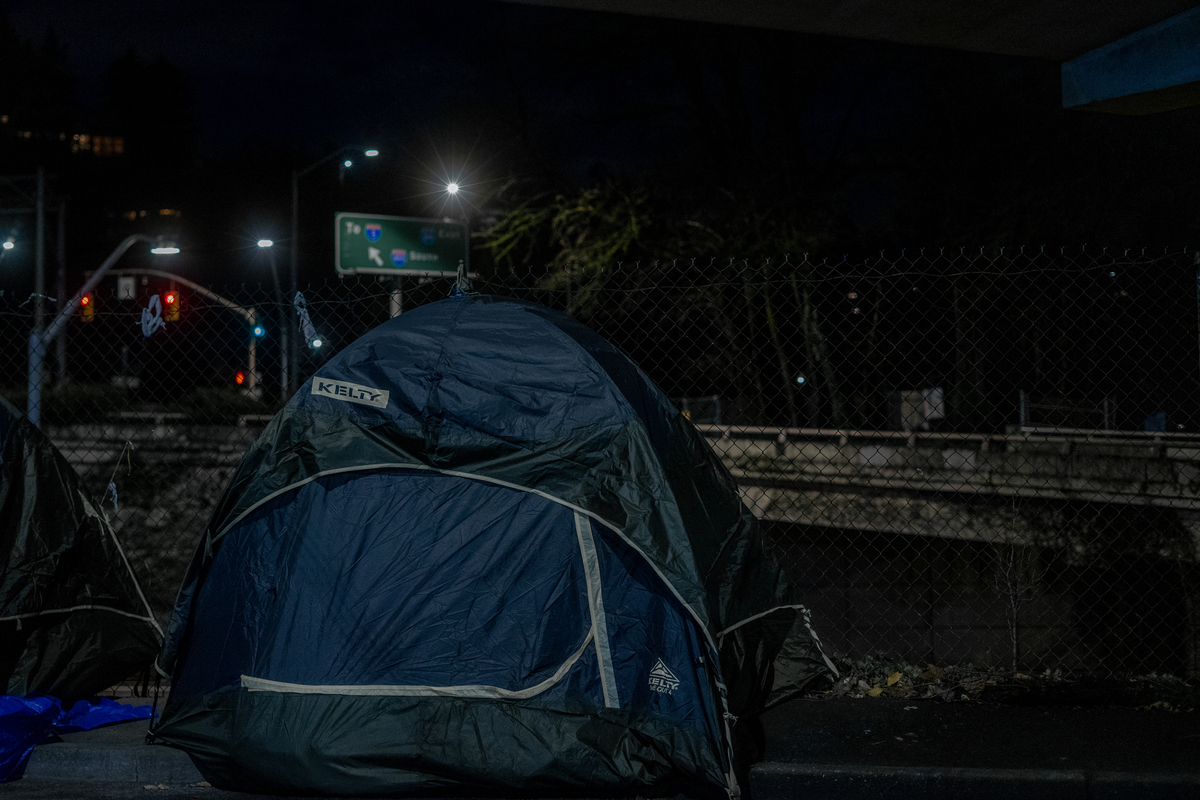
“Pressure from the city, from your government, isn’t to help you… it is to remove you,” Rodriguez said. “It is to treat you as if you are garbage and as if you just need to be removed to clean the city. That does a lot to people mentally. To have all of [your possessions] thrown away as if it’s nothing more than garbage signifies that you are also viewed as that.”
These sweeps put an immense amount of stress on a houseless individual, and Rodriguez explained how constant levels of extreme stress can manifest as mental illness. Oftentimes, houseless people did not have mental health issues before they became houseless. Instead, Rodriguez explained how the conditions of being houseless are what causes someone’s mental health to deteriorate.
When considering the experiences of people such as Rodriguez who work directly with the houseless population, it becomes abundantly clear that any sort of camping ban would have an incredibly detrimental effect on this vulnerable population.
These campsite sweeps cost thousands of government dollars—money which can and should be used to create affordable housing. Even the concept of the proposed city-wide campsites fails to acknowledge the humanity of this situation, blatantly ignoring how grouping a bunch of houseless people together with varying degrees of mental illness or other issues will likely make these issues worse.
These inhumane laws will only dehumanize and alienate the houseless population even further. However, by focusing instead on a housing-first initiative, legislators have the power to provide these individuals with the basic human needs they need to rebuild their lives.

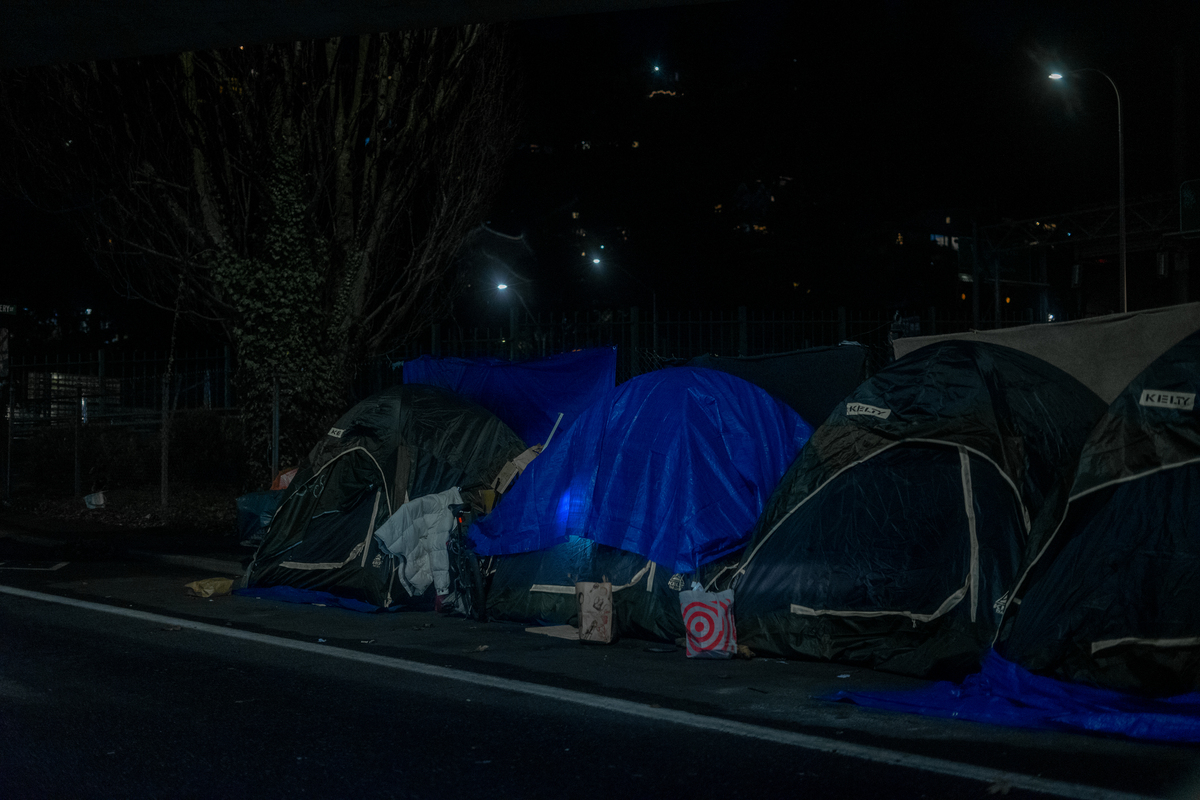
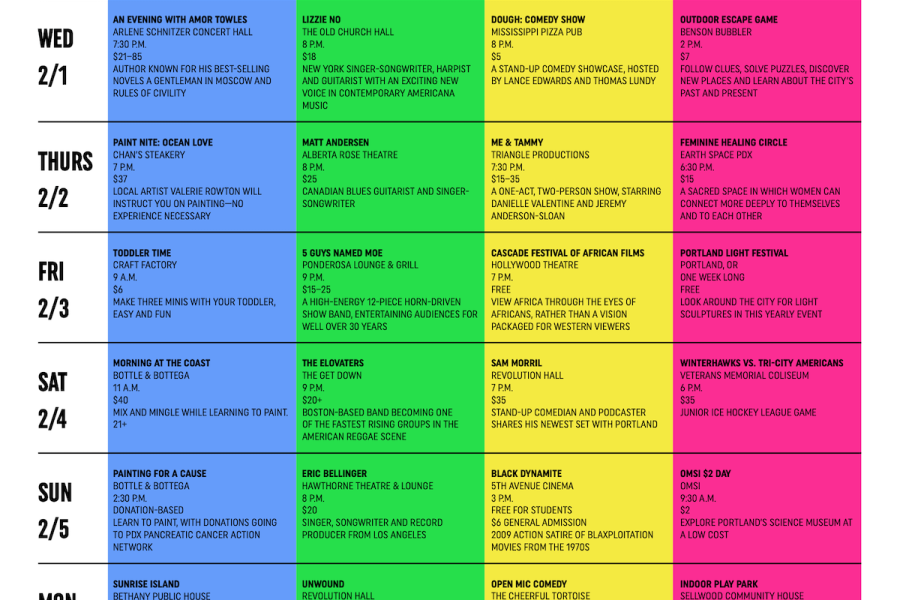


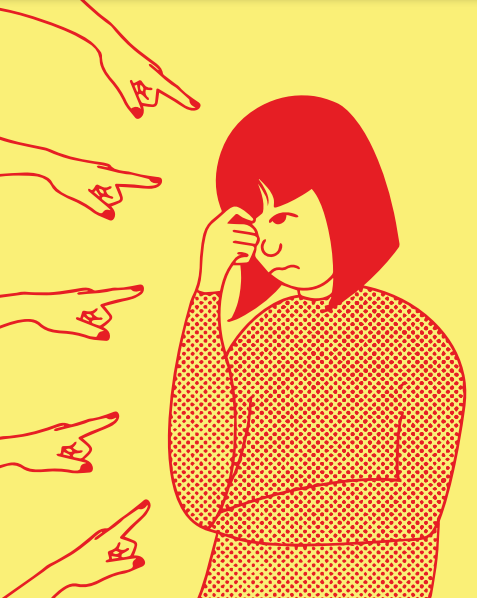
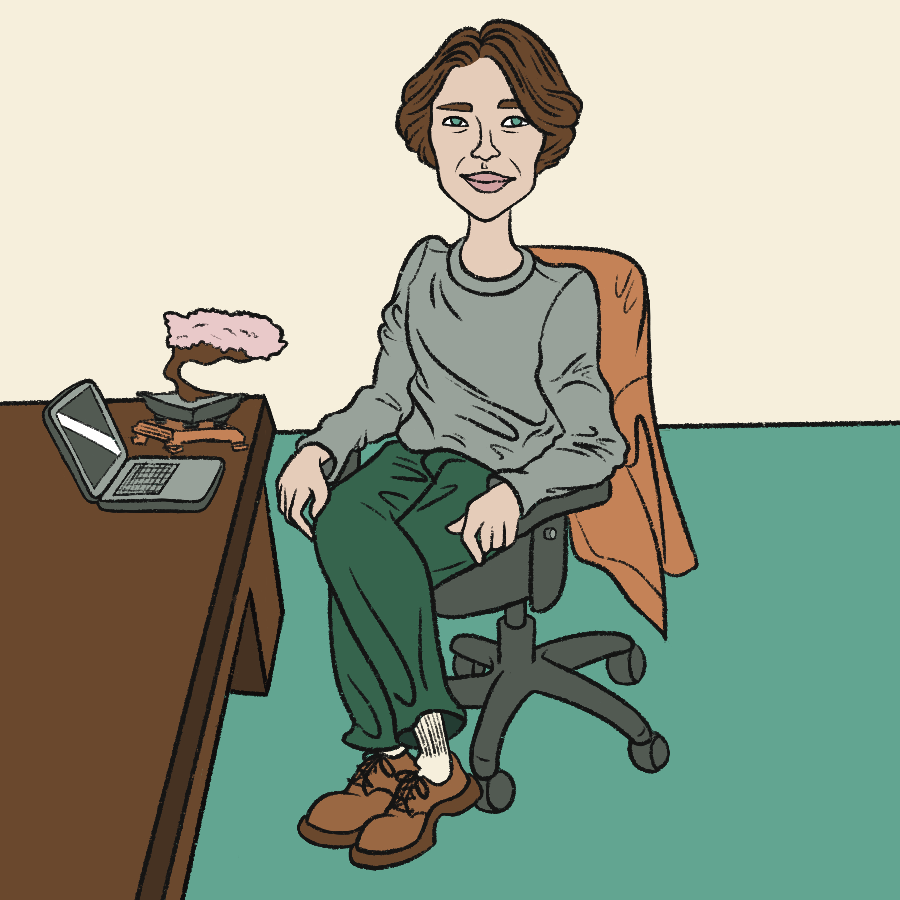
Very interesting article!